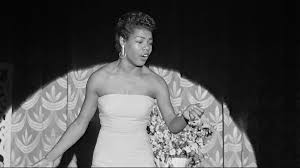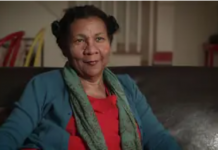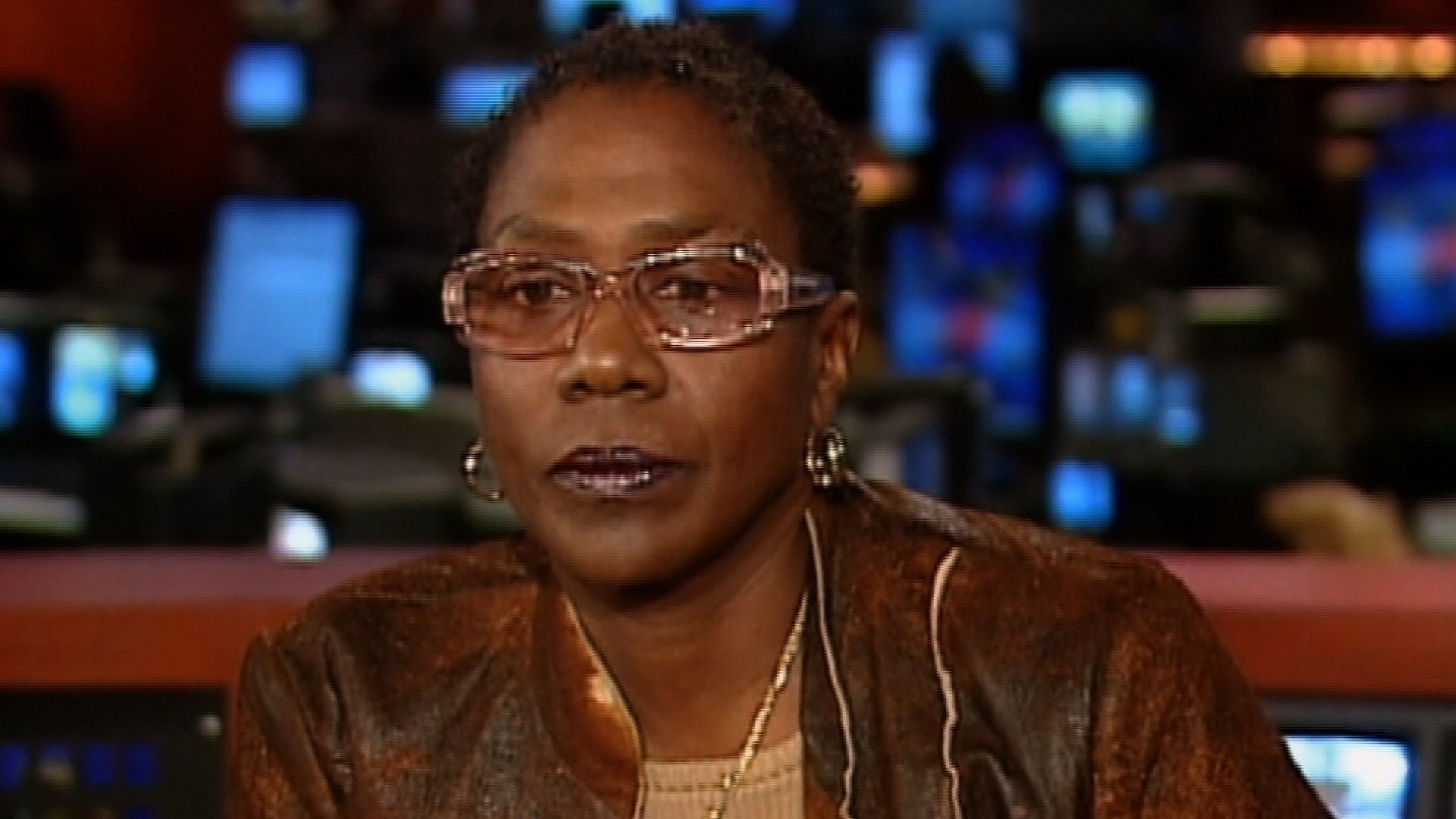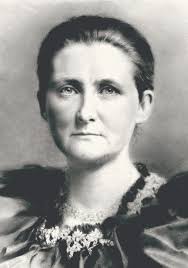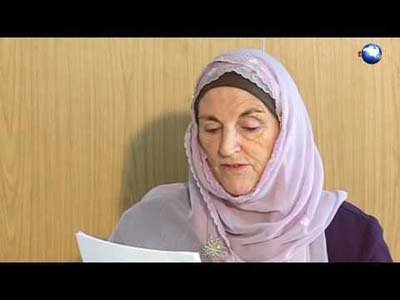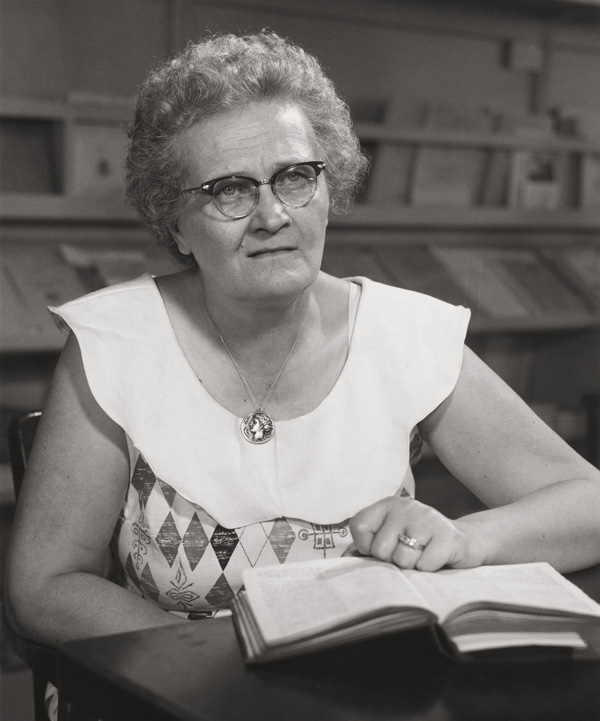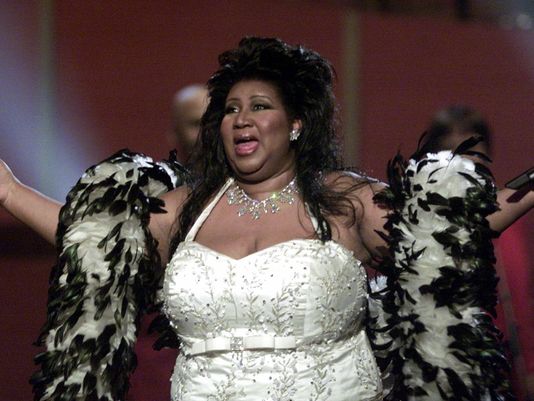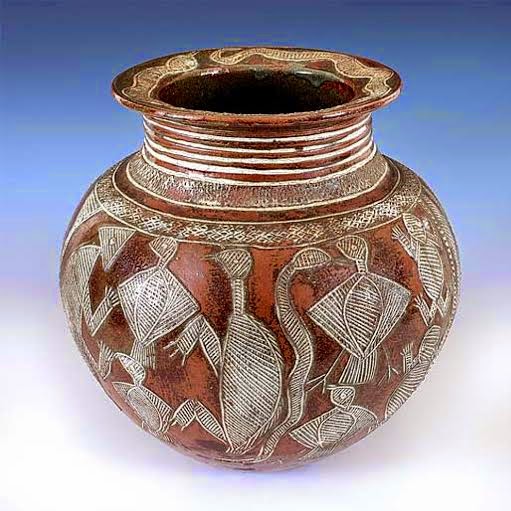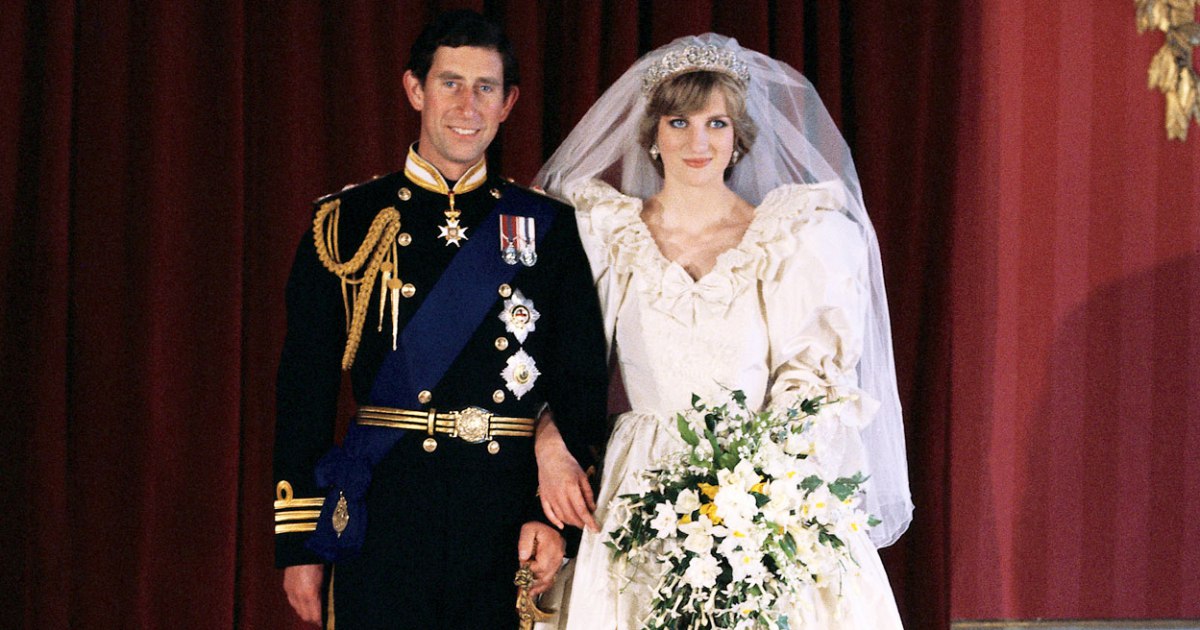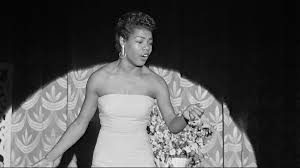
‘I learned a long time ago the wisest thing I can do is be on my own side, be an advocate for myself and others like me’
Maya Angelou
Born Marguerite Annie Johnson in St. Louis, Missouri on the 4th of April 1928, Maya Angelou was an author, poet, historian, songwriter, playwright, dancer, stage and screen producer, director, performer, singer, and civil rights activist. She was best known for her seven autobiographical books: Mom & Me & Mom (Random House, 2013); Letter to My Daughter (Random House, 2008); All God’s Children Need Traveling Shoes (Random House, 1986); The Heart of a Woman (Random House, 1981); Singin’ and Swingin’ and Gettin’ Merry Like Christmas (Random House, 1976); Gather Together in My Name (Random House, 1974); and I Know Why the Caged Bird Sings (Random House, 1969), which made literary history as the first nonfiction best seller by an African American Woman and nominated for the National Book Award.
Among her volumes of poetry are A Brave and Startling Truth (Random House, 1995); The Complete Collected Poems of Maya Angelou (Random House, 1994); Wouldn’t Take Nothing for My Journey Now (Random House, 1993); I Shall Not Be Moved (Random House, 1990); Shaker, Why Don’t You Sing? (Random House, 1983); Oh Pray My Wings Are Gonna Fit Me Well (Random House, 1975); and Just Give Me a Cool Drink of Water ‘fore I Die (Random House, 1971), which was nominated for the Pulitzer Prize. In 1959, at the request of Dr. Martin Luther King Jr., Angelou became the Northern coordinator for the Southern Christian Leadership Conference. From 1961 to 1962 she was associate editor of The Arab Observer in Cairo, Egypt, the only English-language news weekly in the Middle East. And from 1964 to 1966 she was feature editor of the African Review in Accra, Ghana. She returned to the United States in 1974 and was appointed by Gerald Ford to the Bicentennial Commission and later by Jimmy Carter to the Commission for International Woman of the Year. She accepted a lifetime appointment in 1982 as Reynolds Professor of American Studies at Wake Forest University in Winston-Salem, North Carolina. In 1993, Angelou wrote and delivered a poem, “On the Pulse of the Morning,” at the inauguration for President Bill Clinton at his request. In 2000, she received the National Medal of Arts, and in 2010 she was awarded the Presidential Medal of Freedom by President Barack Obama.
The first black woman director in Hollywood, Angelou wrote, produced, directed, and starred in productions for stage, film, and television. In 1971, she wrote the original screenplay and musical score for the film Georgia, Georgia, and was both author and executive producer of a five-part television miniseries “Three Way Choice.” She also wrote and produced several prize-winning documentaries, including “Afro-Americans in the Arts,” a PBS special for which she received the Golden Eagle Award. Angelou was twice nominated for a Tony award for acting: once for her Broadway debut in Look Away (1973), and again for her performance in Roots (1977). She is a recipient of several awards and honors during her lifetime including two NAACP image awards in outstanding literary works nonfiction category.

MAYA ANGELOU’S MOST READ PUBLICATIONS.
1. Just Give Me a Cool Drink of Water ‘Fore I Die’ (1971)
A collection of poetry which was nominated for the Pulitzer prize in 1971
2. ‘On the Pulse of Morning’
Written specially and specifically for recital at the inaugural ceremony of President Bill Clinton in January 1993. The occasion marked the first inaugural recitation since that of Robert Frost ‘the original gift’ at the inauguration of President JF Kennedy in 1961. That recital won Angelou a Grammy Award for the audio version of the poem (best spoken word)
3. I Know Why the Caged Bird Sings’ (1969)
Friend and writer James Baldwin urged Angelou to write about her life experiences which resulted in the enormously successful memoir ‘I know why the caged Bird sings’. The poignant story made literary history as the first nonfiction bestseller by an African American woman and made her an international bestseller. Till date, it continues to be regarded as her most popular autobiographical work and remained on the ‘New York Times paperback nonfiction bestseller list’ for two consecutive years; the longest running record in the charts history.
4. All God’s Children Need Traveling Shoes’ (1986)
Is a lyrical exploration about of what it means to be an African American in Africa. This autobiographical book covers the years Angelou spent living in Ghana.
5. Wouldn’t Take Nothing for My Journey Now’ (1994)
Is an inspirational essay collection which features Angelou’s insights about spirituality and living well.
6. A Song Flung Up to Heaven’ (2002)
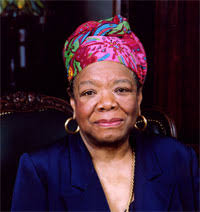
A Song Flung Up to Heaven; is another autobiographical work which explores Angelou’s return from Africa to the U.S. and her ensuing struggle to cope with the devastating assassinations of two human rights leaders with whom she worked, Malcolm X and Martin Luther King Jr. The book ends when, at the encouragement of her friend James Baldwin, Angelou began work on ‘I Know Why the Caged Bird Sings’.
Martin Luther King Jr. a close friend of Angelou’s, was assassinated on her birthday (April 4) in 1968. Angelou stopped celebrating her birthday for years afterward, and sent flowers to King’s widow, Coretta Scott King, for more than 30 years, until Coretta’s death in 2006.
Angelou was also good friends with TV personality Oprah Winfrey, who organized several birthday celebrations for the award-winning author, including a week-long cruise for her 70th birthday in 1998.
7. Letter to My Daughter’ (2008)
Dedicated to the daughter Angelou never had, this book of essays features Angelou’s advice for young women about living a life of meaning. The book won a NAACP Image Awards in the outstanding literary work nonfiction category
8. Cookbooks
Interested in health, Angelou’s published cookbooks include Hallelujah! The Welcome Table: A Lifetime of Memories With Recipes (2005) and Great Food, All Day Long (2010). The cookbooks also won a NAACP Image Award in the outstanding literary work nonfiction category.
Death
After struggling with health issues for a couple of years, Maya Angelou died on May 28, 2014, at her home in Winston-Salem, North Carolina at the ripe age of 86. She has served as Reynolds Professor of American Studies at Wake Forest University since 1982. The news of her passing spread quickly with many people taking to social media handles to mourn and remember her.
US President Barack Obama also issued a statement about Angelou, calling her “a brilliant writer, a fierce friend, and a truly phenomenal woman who had the ability to remind us that we are all God’s children and that we all have something to offer,” he wrote.
Angelou’s Son, Husbands
In 1944, a 16-year-old Angelou gave birth to a son, Guy after a short-lived high school relationship. A poet himself, Angelou’s son now goes by the name Guy Johnson.
And in 1952, the future literary icon wedded a Greek sailor by the name Anastasios Angelopulos, from whom she took her professional name — a blend of her childhood nickname, “Maya,” and a shortened version of her marital name; the couple later divorced.
Notoriously secretive about her marriages, Angelou was likely married at least three times, including in 1973 to a carpenter, Paul du Feu.
Family, Early Life and Education
Angelou had a difficult childhood. Her parents split when she was very young and she and her older brother, Bailey, were sent to live with their father’s mother, Anne Henderson in Stamps, Arkansas.
As an African American, Angelou experienced firsthand racial prejudices and discrimination. She also suffered at the hands of a family associate around the age of seven. During a visit with her mother, Angelou was raped by her mother’s boyfriend. And as vengeance for the sexual assault, Angelou’s uncles killed the boyfriend.
So traumatized by the experience, Angelou stopped talking, returned to Arkansas and spent years as a virtual mute.
During World War II, Angelou moved to San Francisco, California, where she won a scholarship to study dance and acting at the California Labor School. During this time, Angelou became the first black female cable car conductor; a job she held only briefly in San Francisco. And after giving birth to her son, she worked on a number of jobs to support herself and her child.
Acting and Singing Career
Her career as a performer began to take off in the mid-1950s. She landed a role in a touring production of Porgy and Bess, later appearing in the off-Broadway production Calypso Heat Wave in 1957 and released her first album, Miss Calypso same year. A member of the Harlem Writers Guild and a civil rights activist, Angelou organized and starred in the musical revue Cabaret for Freedom as a benefit for the Southern Christian Leadership Conference, also serving as the SCLC’s northern coordinator.
In 1961, Angelou appeared in an off-Broadway production of Jean Genet’s The Blacks with James Earl Jones, Lou Gossett Jr and Cicely Tyson. Angelou went on to earn a Tony Award nomination for her role in the play ‘Look Away’ in 1973 and an Emmy Award nomination for her work on the television miniseries Roots in 1977 among several other honors.
Time in Africa.
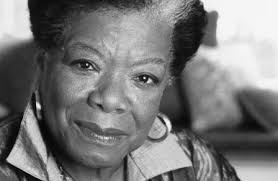
Angelou spent much of the 1960s living first in Egypt and then in Ghana, working as an editor and a freelance writer where she held a position at the University of Ghana for a time. In Ghana she joined a community of “Revolutionist Returnees” exploring pan-Africanism and became close with human rights activist and Black Nationalist leader Malcolm X. And on returning to the U.S in 1964, she helped him set up the Organization of Afro-American Unity, which disbanded after Malcolm X’s assassination the following year.
Screenplay Author and Director
After publishing ‘I know why the Caged Bird sing’, Angelou broke new ground artistically, educationally and socially with her drama Georgia, Georgia in 1972, which made her the first African-American woman to have her screenplay produced. And in 1998, she made her directorial debut with ‘Down in the Delta’ with Alfred Woodard.
She was indeed one of the most outstanding women of our time.


